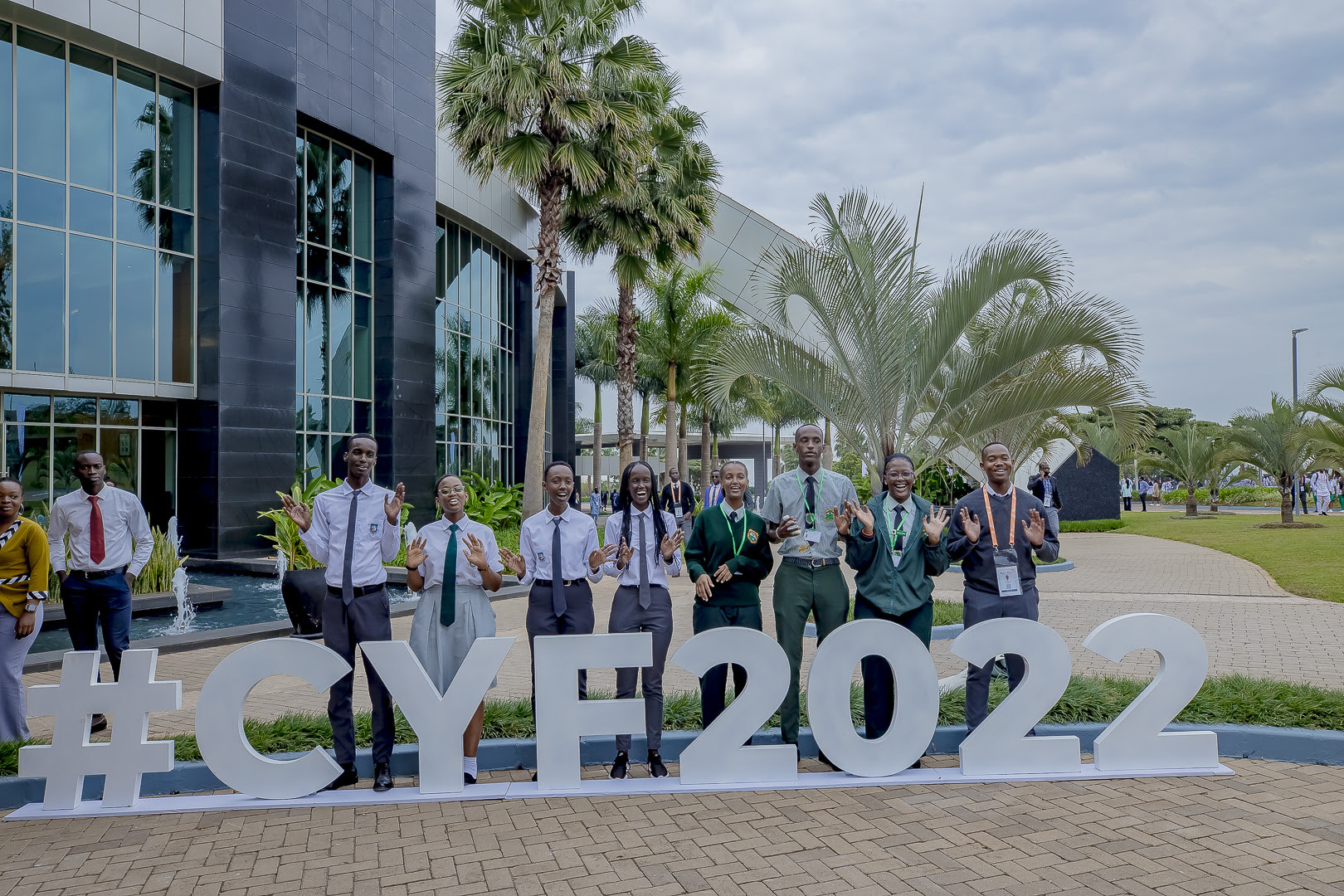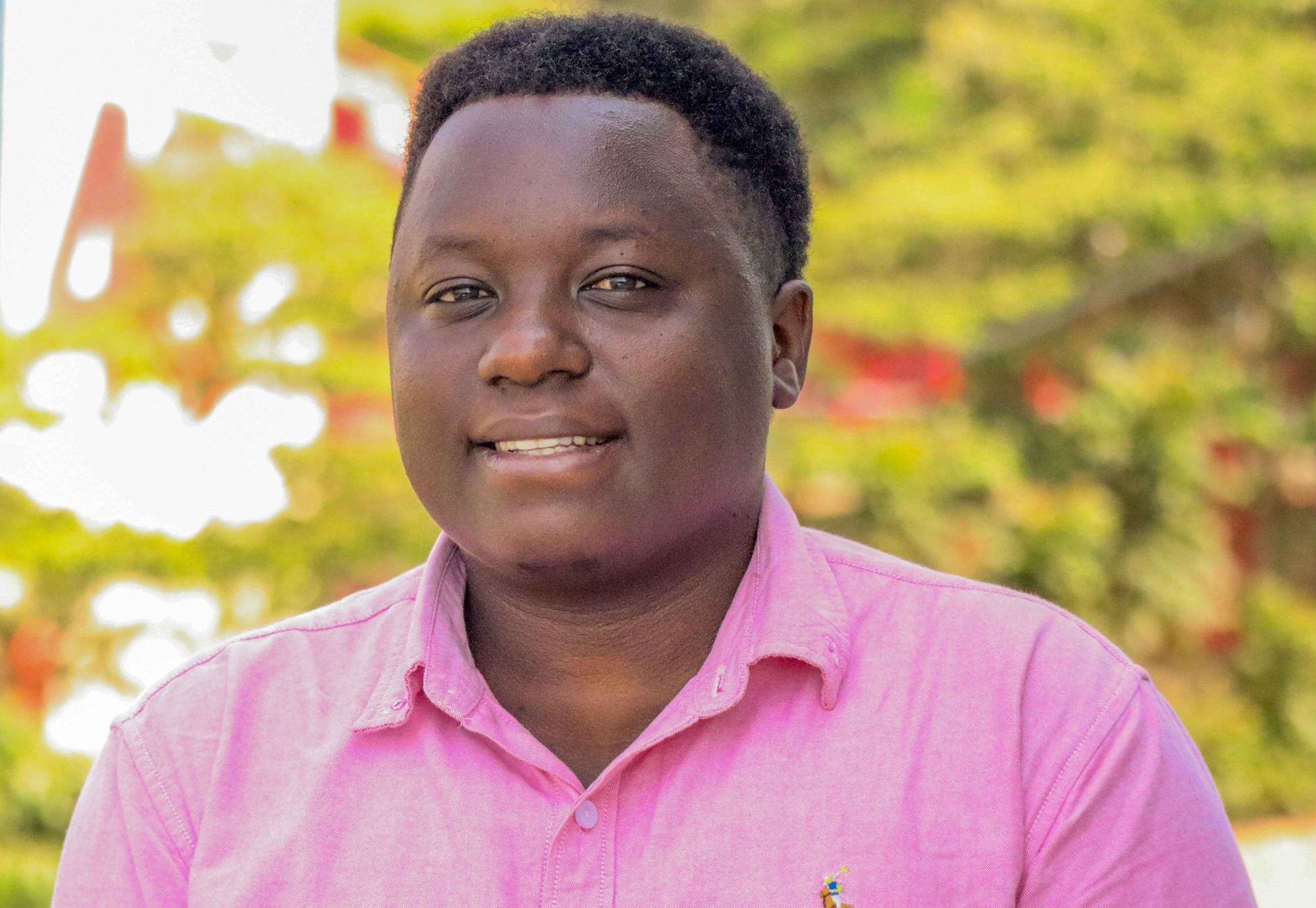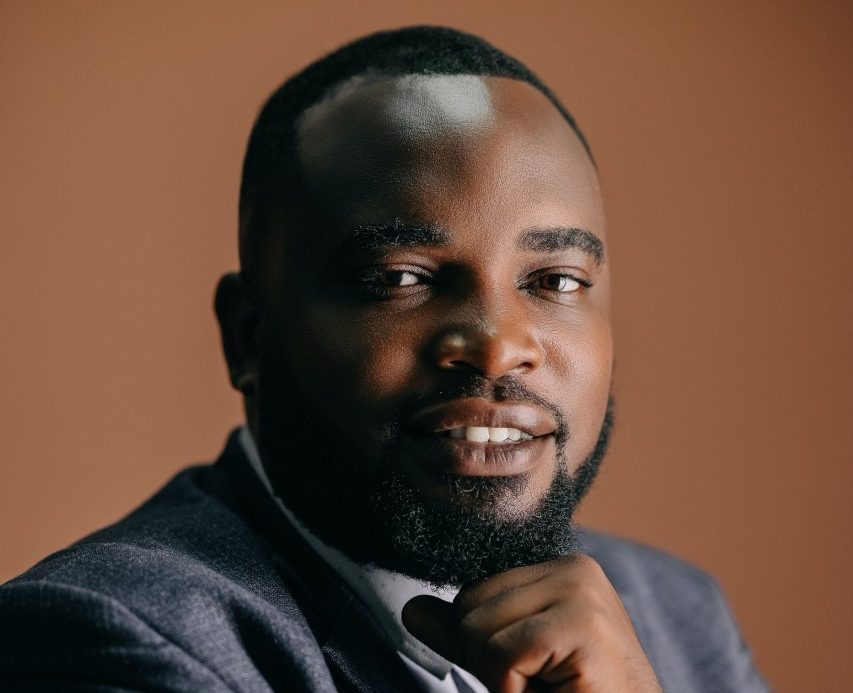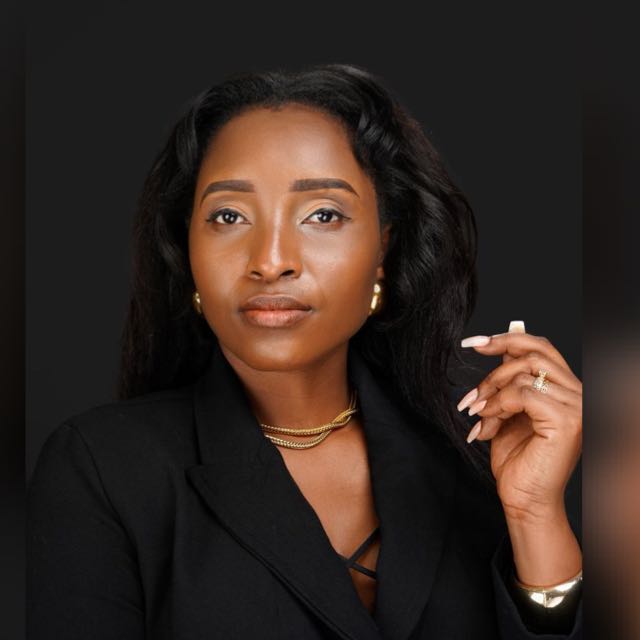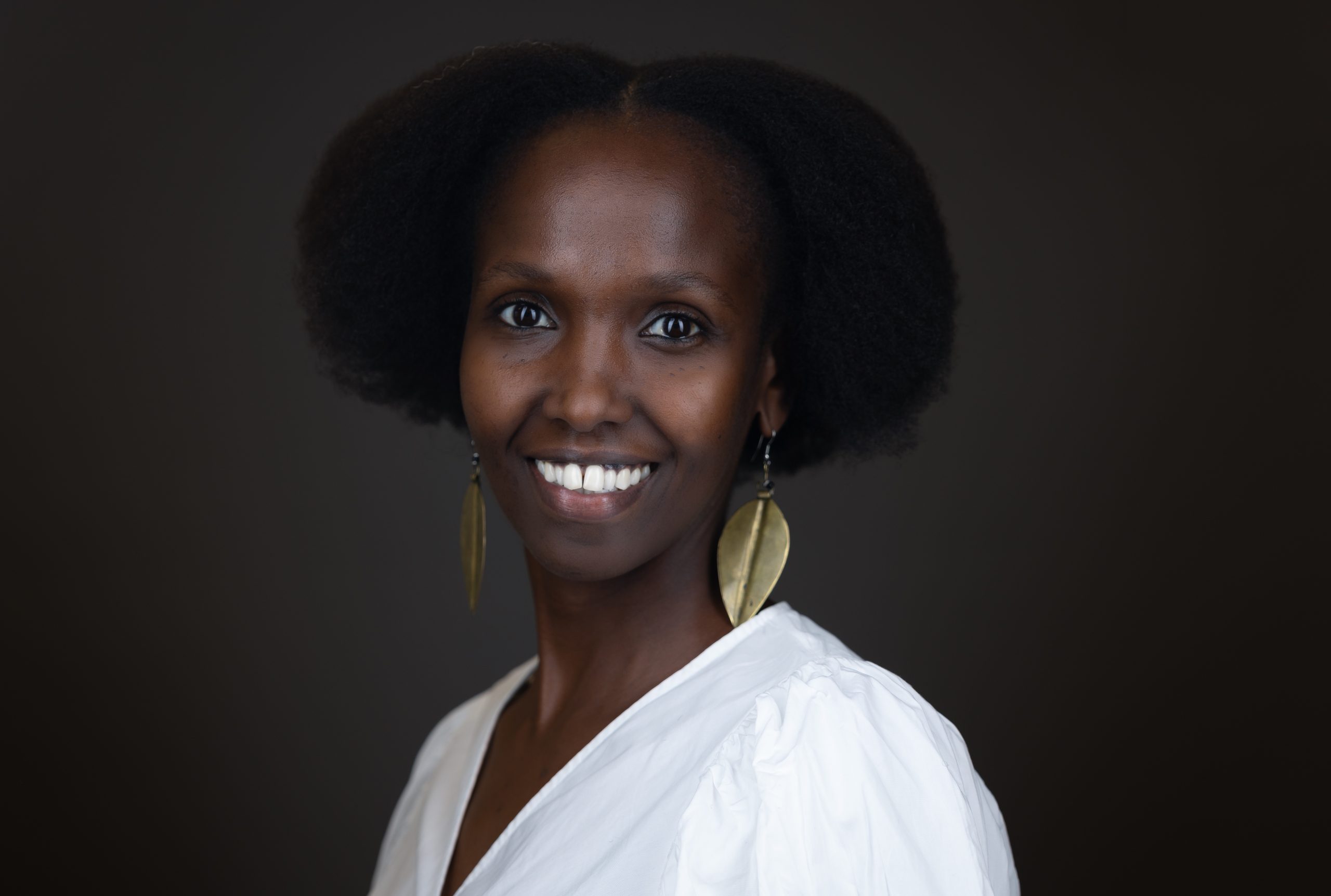Written by Magnifique Migisha, a Strategic Communications Professional based in Kigali
“As Rwanda celebrates the 4th July which marks the 28th liberation of Rwanda, we should recognise the importance of digital platforms in telling the real stories of Rwanda’s successful journey. Also, recently during the 26th Commonwealth Heads of Government Meeting (CHOGM), we have seen how Rwandans, friends of Rwanda and all delegates used digital platforms to spread the positive narrative of the country’s successes while telling the real stories of its socio-economic transformation.”
In his remarks when Rwanda marked the 27th liberation day, President Paul Kagame stressed that “Today, Rwanda is not just a place on the map. For us, it means something that we can all identify with and be proud of, and in which we feel valued. Rwanda means hope. It means that we care for one another.”
This should be backed by how Rwandans have embraced the use of digital platforms to tell the real stories of the country’s socio-economic development. As the digital era evolves over the years, we are seeing young people shaping the narratives from all sectors of the country and this was exhibited recently when Rwanda hosted the 2022 CHOGM.
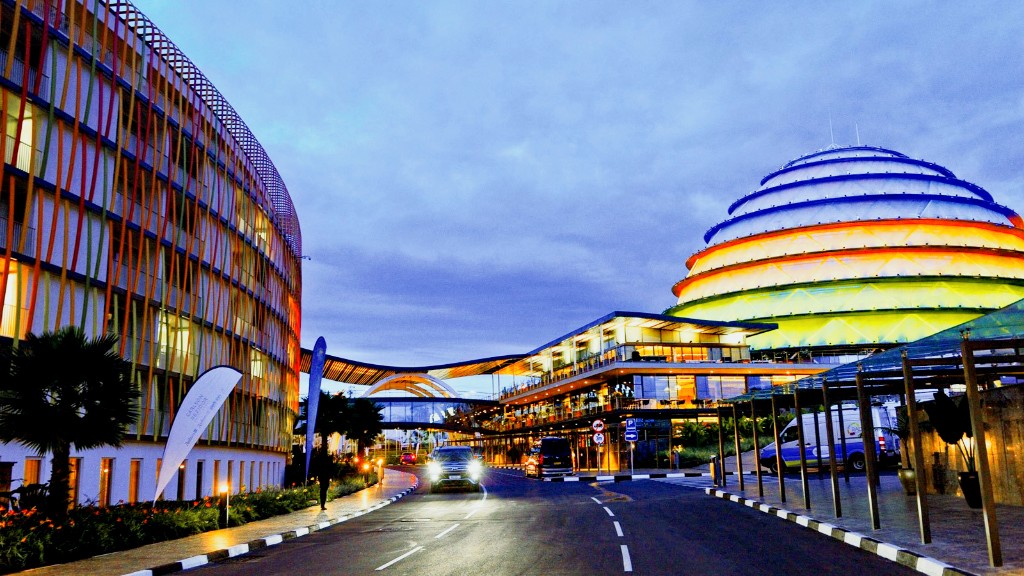
According to the Twiplomacy study, President Paul Kagame has been ranked amongst the top, most conversational world leaders on Twitter with over 2.7 million followers. He always engages on that platform and we have seen President Kagame in 2020 for the first time hold a live Instagram session with social networking influencers, a conversation which focused on Rwanda’s 26-year journey after liberation that himself led.
We saw, tons of contents on all digital platforms of people commending Rwanda for organising beautiful gathering, in addition to that, various heads of governments and heads of delegation shared their feelings on how Rwanda organised CHOGM 2022 in an impeccable way. From the airports, all along the roads of the beautiful Kigali, in hotels and to the venues which hosted these meetings, visuals were shared massively to voice their inner feelings of what they are seeing on the ground.
Rwanda has long placed technology and innovation at the heart of its policies to boost the country’s economic development whereby the government invested in the ICT infrastructure through 4G roll out across the country. In addition to that, the large majority of Rwandan population has continuously adopted the use of mobile phone as one of the technology platforms to share information. Within this move, the mobile phone penetration has impressively increased across the whole country.
More than a decade ago, it would not be easy to share information in the blink of an eye, but as we speak now the information can be shared through social media can reach all corners of the globe within few seconds. Young people are nowadays using latest technologies and digital communication tools to tell the Rwanda’s economic transformation in all sectors from all corners of the country. They share information through social media on how Rwanda invested heavily in various sectors and they highlight all key achievements. This can be easily seen by following the hashtag known as #RwandaWorks on Twitter.
We should recognise how digital storytelling contributes to the wide spread of Rwanda’s narrative in all sectors. Most recently during the concluded #CHOGM2022, we have seen various well-known personalities and Rwandans sharing tons of contents on social media commending the country how it prepared the meeting.
Correspondingly, if you closely follow the conversation on social media, you will clearly see how Rwanda is well known worldwide for its rapid development, security, the cleanest country, hospitality, tourism, green country… all of these can be seen everyday through posts shared across all digital media networks.
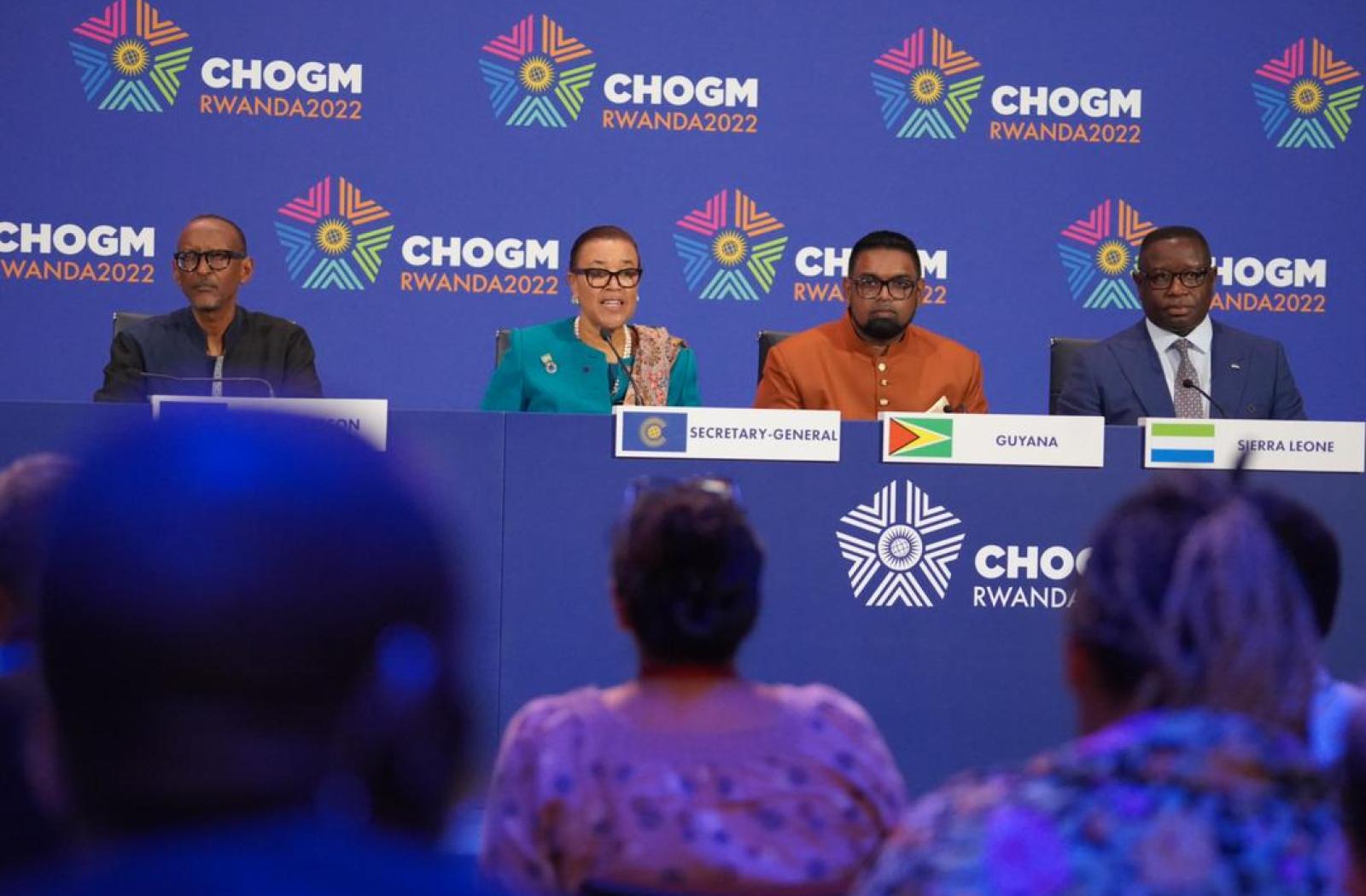
To serve this purpose content marketing has become more powerful than ever and at this time digital communication has become the first choice for brands. Information in the digital format shared by people from all walks of life to promote what local corporates are doing are rising and it opens doors for local influencers mostly young people.
All the above efforts demonstrate the efforts of the government to avail the technologies through facilitating investments in the telecommunication industry, and adopting the use of digital platforms for citizens to be able to have ease of access to services and to communicate effectively with different stakeholders. We have seen how all public sector offices embraced the use of digital media networks to for awareness of government services and accountability to the Rwandans.
Some of the key examples would be how the government institutions are conveying and sharing key information for the benefits of the entire population. Primarily for the purpose of presenting and explaining government plans, decisions and actions, we have an example of how Rwanda used creative strategies to prevent and contain COVID-19; the communication was neatly elaborated for every Rwandan can easily understand how to prevent the pandemic.
The government of Rwanda through the national committee composed of different ministries and a COVID-19 Joint Task Force was established as a multi-sectoral approach in the early days of the pandemic. The approach together with transparent communication to the population has been effective up to the stage of sensitizing in a way that all most the entire population is now vaccinated.
We should also remind young people from all walks to claim space in various fields be it sport, business, entertainment or academia in order to contribute, and shape narratives about Rwanda through showcasing the progress made in all sectors of the country so that those who want to know more about the country can access the information easily.
Similarly, to inspire the next generation, it is important to make the use of available digital platforms to create the content which is informative and appealing and should be shared across all digital media which are being accessed massively by young people so that they easily learn a lot about Rwanda to drive and easily know how they can contribute and shape the new narratives about Rwanda.

